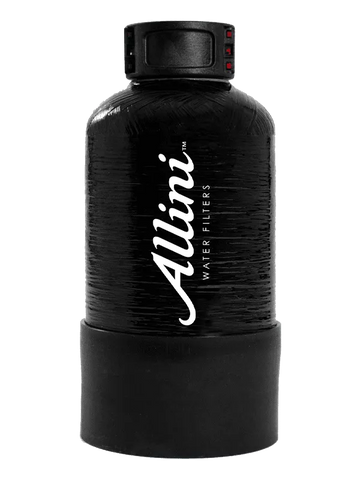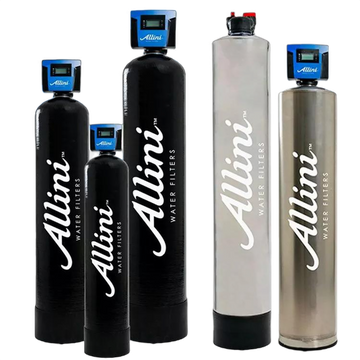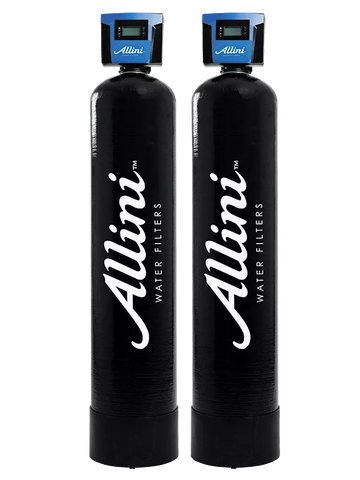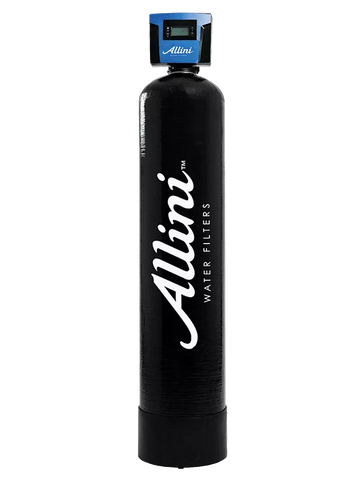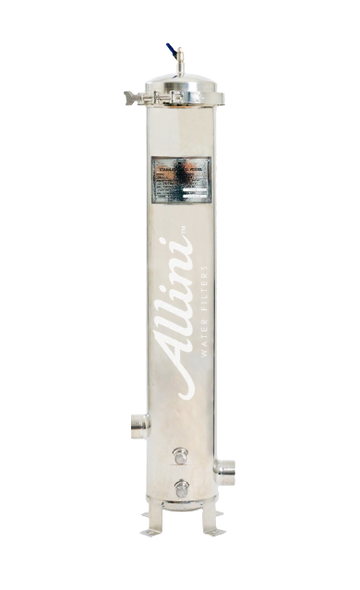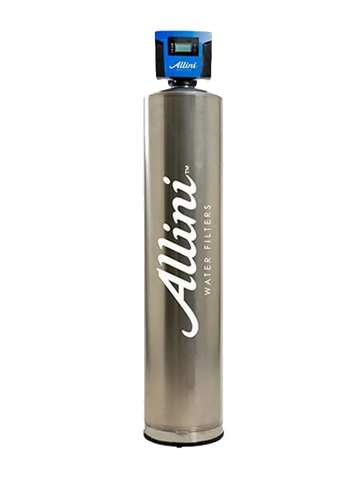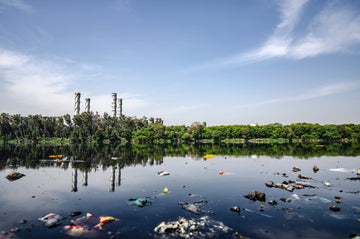
In our modern world, concerns about water quality and pollution have grown significantly. One of the most pressing issues is the presence of Micro plastics in our water sources. These tiny plastic particles, measuring less than 5mm in size, pose a serious threat to the environment and human health. Let's explore how water filters play a crucial role in removing micro plastics from our water supply, ensuring cleaner and safer drinking water for everyone.
What Are Micro Plastics?
Micro plastics are small plastic particles that result from the breakdown of larger plastic items or are intentionally manufactured for various purposes like micro-beads in personal care products. They are so tiny that they can easily enter water bodies, including rivers, lakes, and oceans.
The Environmental Impact of Micro plastics
Micro plastics have become a global environmental concern. They are ingested by marine life, causing harm to aquatic ecosystems. Additionally, they can make their way into the food chain, potentially reaching humans through seafood consumption. The presence of micro plastics in water sources also affects the water quality and overall health of the environment.
The Role of Water Filters
Water filters have become indispensable in purifying water and removing contaminants. When it comes to micro plastics, these filters are highly effective in trapping and eliminating these harmful particles from the water.
Types of Water Filters
Activated Carbon Filters: These filters are excellent at capturing organic contaminants, including micro plastics. The porous surface of activated carbon attracts and absorbs the tiny plastic particles as water passes through.
Reverse Osmosis Filters: Reverse osmosis is a powerful filtration process that uses a semipermeable membrane to block impurities like micro plastics. This method ensures that the water that comes out is free from these particles.
Multi-Layer Filtration Systems: Some advanced water filters use multiple layers of filtration media, including mesh screens and ceramic filters, to effectively remove micro plastics and other contaminants.

The Effectiveness of Water Filters
Water filters have proven to be highly effective in reducing micro plastic concentrations in water. Research studies have shown that reputable and well-maintained filters can remove up to 99% of micro plastics, ensuring that the water we consume is much safer and cleaner.
Choosing the Right Water Filter
Before selecting a water filter, it's essential to understand the source of your water. If you rely on municipal water, it might already undergo some level of filtration. In contrast, well water or water from untreated sources might contain higher micro plastic levels, necessitating a more robust filter.
Filter Lifespan and Maintenance
Each water filter has a lifespan and requires regular maintenance. Be sure to check the filter's specifications and understand how often it needs replacement or servicing. Regular maintenance is crucial for optimal performance.
How to Reduce Micro plastics at the Source
While water filters are excellent at removing Micro plastics, it's equally important to reduce plastic waste at the source to prevent further contamination. Here are some practical tips:
Avoid single-use plastics.
Opt for reusable water bottles and containers. Properly dispose of plastic waste, ensuring it doesn't end up in water bodies.Micro plastic pollution is a serious environmental issue, and it's vital to take steps to protect our water sources from further contamination. Water filters are a crucial tool in the fight against micro plastics, ensuring that our drinking water is free from these harmful particles. By understanding the different types of water filters and choosing the right one for our needs, we can contribute to a cleaner and healthier environment.
FAQs
Can all water filters remove micro plastics?Not all water filters are designed to remove Micro plastics effectively. It's essential to choose filters with specific capabilities, such as activated carbon or reverse osmosis filters, to ensure efficient removal.
Are micro plastics harmful to humans?
While the full extent of the impact of Micro plastics on human health is still being studied, there is growing concern that their ingestion could have potential health effects. Reducing exposure by using water filters is a proactive step.
How often should I replace my water filter?
The replacement frequency varies depending on the filter type and manufacturer's recommendations. Typically, filters need replacement every three to six months to maintain optimal performance.
Are micro plastics only found in water?
Micro plastics are prevalent in various environments, including soil, air, and food. Water sources are one of the pathways through which Micro plastics enter our ecosystem.
Can I install a water filter myself?
Some water filters are simple to install and can be done without professional help. However, more complex systems might require professional installation for proper functioning.

